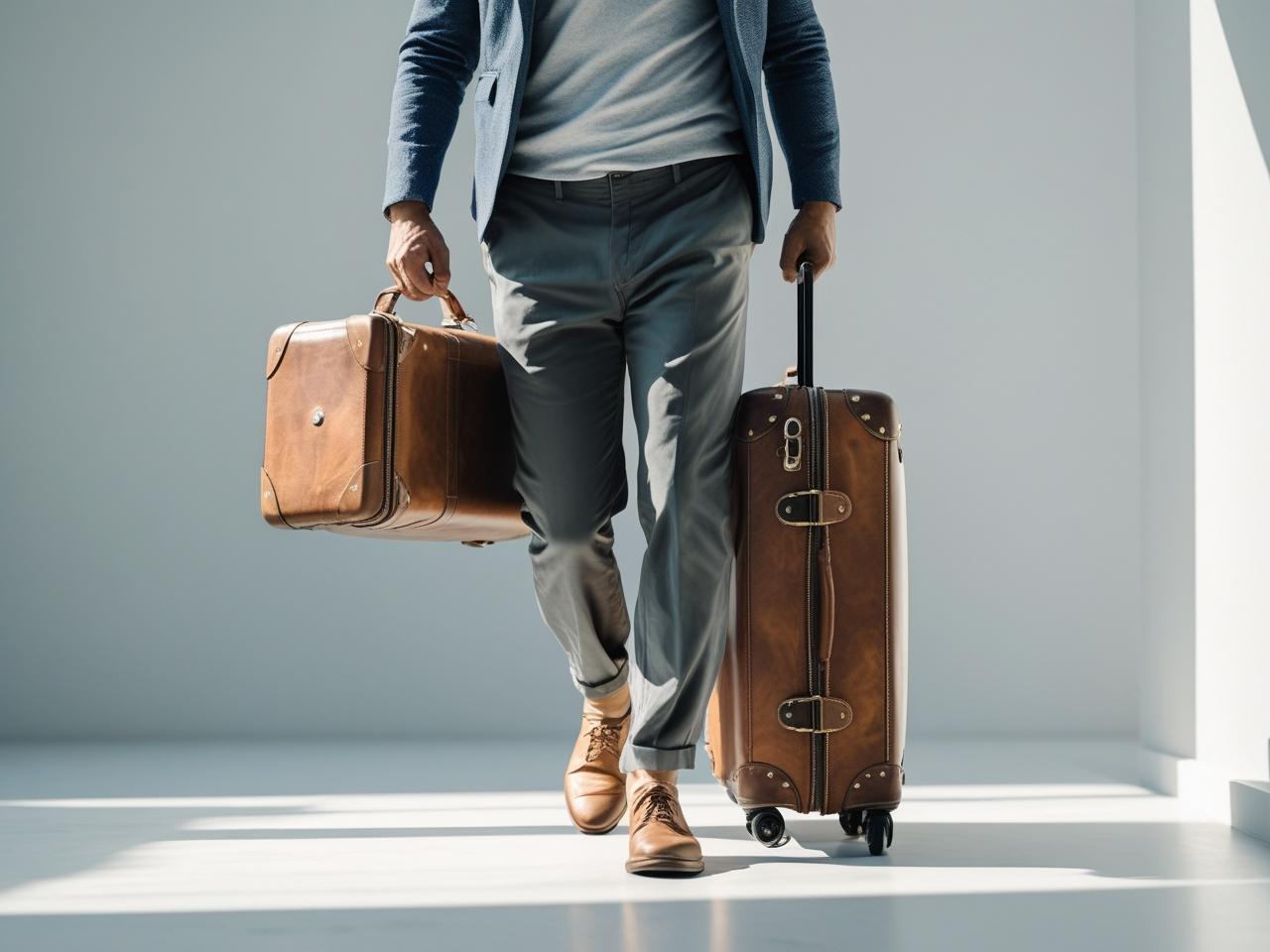Planning your first international trip is an exciting experience. The thought of exploring new cultures, trying different cuisines, and seeing world-famous landmarks can be thrilling. But to ensure a smooth and enjoyable journey, preparation is key. From documents and budgeting to health and safety, here’s a complete guide to help you plan your first overseas adventure with confidence and peace of mind.
1. Research Your Destination
Before booking anything, take time to thoroughly research your chosen destination. Learn about:
- Cultural norms and etiquette: Every country has its own set of social rules. Understanding local customs will help you blend in and avoid unintentional offenses.
- Local language: Learn a few basic phrases in the native language. Phrases like “hello,” “thank you,” and “where is the bathroom?” can go a long way.
- Climate and seasons: Check the weather for your travel dates so you can pack appropriately and avoid monsoon or hurricane seasons.
- Visa requirements: Some countries require travelers to obtain a visa before arrival, while others offer visa-free access. Visit the official embassy website for accurate information.
2. Get Your Passport (and Visa)
If you don’t already have a passport, apply for one well in advance. Processing can take several weeks. If you have one, check that it’s valid for at least six months beyond your travel dates.
For visa applications:
- Read the requirements carefully
- Gather all necessary documents
- Submit your application early to avoid delays
Some countries allow visa-on-arrival or e-visas, which are more convenient. Always print a copy of your visa confirmation, even if it’s digital.
3. Plan Your Budget
Budgeting is crucial for avoiding stress during your trip. Factor in:
- Flights and accommodation
- Daily meals and transportation
- Tours and entrance fees
- Travel insurance
- Emergency fund (recommended: 10-15% of your total budget)
Use budgeting apps or spreadsheets to track your expected and actual spending. Having a clear financial plan ensures you don’t run out of money mid-trip.
4. Book Smartly
When booking your flights and accommodation:
- Use flight comparison tools like Google Flights or Skyscanner to find the best deals
- Choose accommodations with good reviews on sites like Booking.com or Airbnb
- Stay in safe neighborhoods close to major attractions or public transport
- Double-check the cancellation policies in case your plans change
Booking early often leads to better prices, especially for popular destinations.
5. Get Travel Insurance
Travel insurance is not a luxury—it’s a necessity. It covers unexpected situations such as:
- Medical emergencies
- Flight cancellations or delays
- Lost or stolen luggage
- Trip interruptions
Compare policies and choose one that suits your needs. If you’re engaging in adventure sports or traveling with expensive electronics, make sure your policy includes coverage for those.
6. Prepare Essential Documents
Keep both digital and printed copies of important documents:
- Passport and visa
- Travel insurance policy
- Flight and hotel confirmations
- Emergency contacts
- Vaccination certificates (if required)
Store digital copies in a secure cloud service like Google Drive, and carry physical copies in a waterproof travel pouch.
7. Health Preparations
Stay healthy while traveling by:
- Visiting a travel clinic to check required vaccinations
- Carrying any prescribed medication in its original packaging
- Bringing a small first-aid kit (band-aids, antiseptic, pain relievers, etc.)
- Drinking bottled or purified water in areas where tap water isn’t safe
Also, check if you need any health declarations or negative COVID-19 tests before entering the country.
8. Create a Flexible Itinerary
A well-structured itinerary keeps your trip organized. However, avoid overpacking your days—leave room for spontaneity. Prioritize:
- Top attractions you don’t want to miss
- Free walking tours or cultural experiences
- Local markets and authentic food spots
- Rest days to avoid burnout
Use apps like Google Maps or Rome2Rio to map out travel times between activities.
9. Pack Smart
Pack according to your destination’s climate and culture. Tips include:
- Packing versatile, layerable clothing
- Choosing comfortable shoes for walking
- Rolling clothes to save space
- Bringing travel-sized toiletries
- Using packing cubes for organization
Don’t forget universal adapters, power banks, and a secure money belt.
10. Stay Safe and Aware
Safety is paramount when traveling internationally. Follow these tips:
- Share your itinerary with a friend or family member
- Avoid displaying expensive items publicly
- Be cautious when using ATMs or handling money
- Stay informed about local scams and avoid risky neighborhoods
- Keep your passport, money, and credit cards in separate places
Download offline maps and local emergency contact apps for added security.
11. Learn Local Laws and Transportation
Familiarize yourself with basic local laws. Things that are common at home may be illegal abroad—like chewing gum in Singapore or drinking alcohol in public in some countries.
Understand how transportation works:
- Is public transport safe and reliable?
- Do you need to rent a car or rely on ride-hailing apps?
- Are there any transportation passes or tourist cards?
Knowing your options prevents unnecessary expenses and confusion.
12. Embrace the Experience
Your first international trip will be a memorable one. Embrace the differences, be respectful, and keep an open mind. Some tips to enhance your experience:
- Journal your experiences daily
- Interact with locals and fellow travelers
- Try local food, even if it’s outside your comfort zone
- Take lots of photos, but also live in the moment
Travel is about growing, learning, and gaining a new perspective of the world.
Enjoy the Journey of a Lifetime
Your first international trip marks the beginning of a new chapter filled with discovery and personal growth. With careful planning, a sense of adventure, and awareness of your surroundings, you’ll set the stage for unforgettable experiences—and hopefully, many more journeys to come.
